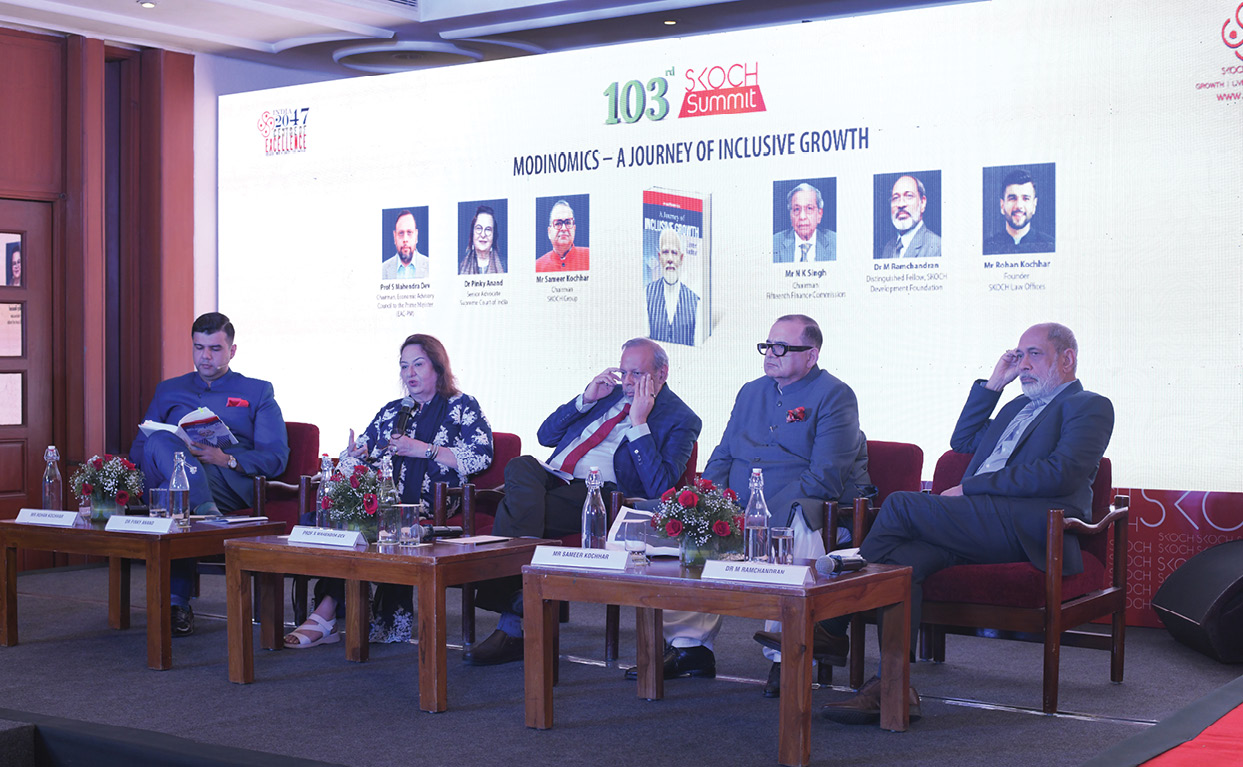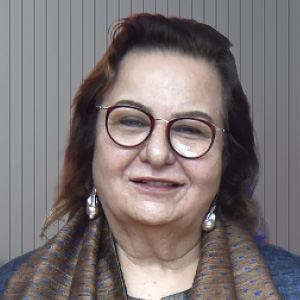Key Points*
- From Vibrant Gujarat to Vibrant India – Years of close observation highlight how Gujarat’s dynamism became a national template under PM Modi.
- Listening Leadership – Emphasizes Modi’s habit of listening, absorbing, and translating inputs into policy—core to inclusive governance.
- Clearing the Path for Projects – Notes past bottlenecks in environmental clearances and the push toward faster, forward-moving approvals.
- Global Recognition & Trajectory – India is increasingly seen as the place to bet on—now the 4th-largest economy, aiming for 3rd and Viksit Bharat 2047.
- Jan Dhan = Savings-Led Inclusion – Financial inclusion deepened a national savings culture—framed as foundational for resilience and growth.
- Digital Rails + Aadhaar = Direct Delivery – Digitization and Aadhaar-linked DBT cut out middlemen, speeding benefits to rightful recipients.
- Security & Sovereignty as Economic Enablers – Mentions constitutional moves (e.g., Kashmir) and Operation Sindur as part of a broader stability that supports growth.
- Inclusion Across Communities – Highlights parity in women’s voter participation and greater inclusion for tribals, the poor, and transgender citizens.
- From Paralysis to Momentum – Contrasts earlier “policy paralysis” with renewed execution focus and sustained reform drive.
- Keep Growth at ~7–8% with Investment – Echoes the need to sustain high growth and investment—“keep going” as a collective national effort.
* This content is AI generated. It is suggested to read the full transcript for any furthur clarity.
Transcript
Thank you, Ro. Thank you, Rohan.
So I mean I have seen and been with Modi Ji from—I don't know—maybe 20–25 years and seen him from there. And I was in Gujarat when Vibrant Gujarat was celebrated. And not once, but a few years I kept going there every year and to be with him and the whole program. And I think that's what Modi Ji actually advocates and brings forward: vibrancy. And that vibrancy is translated into…
I mean Sameer was just talking about how people thought Modi Ji may not know enough about economics. Modi Ji knows everything about everything. And for a reason—whatever he doesn't know, he listens. He listens, he absorbs, he translates and translates through people like all of us, like all of you. And that really goes forward. And that's what inclusion is about. The policy programs that go forward.
So I remember again Rohan was talking about environmental clearances and how during Jayanthi Natarajan’s time and UPA it was held back. I think the figure was about 260 environmental clearances, if I'm not mistaken, which were held back, which obviously held up projects. Today you have to have a world where you can go forward.
Now let me translate this and fast forward. I travel through the country and I've traveled earlier. I travel through the world and I do know and understand that everywhere in the world our acknowledgment is of a different kind. Yesterday, I mean we traveled earlier. We've gone—of course as your own merit, you recognize. But as a country India has been targeted now as the country to go to. I mean aside from the fact that you're the fourth-largest economy in the world today, headed towards the third-largest economy and Viksit Bharat, of course, in 2047.
The point is you are recognized as a country because of your standing, because of your economic growth, because of your values and because of what projections and trajectory we have adopted under the leadership of Modi Ji. And I think that has been his greatest thing. And if you actually ask me, I identify three, four things in inclusiveness and economic growth.
So the first one, Jan Dhan Yojana—I think that really changed the way of the world because saving is a big feature in economics. I myself was a student of economics in college. But after that I didn't pursue it further. But nonetheless, that much we understand. Saving saves a country and saving has always saved India. And we must carry on and Jan Dhan is part of that.
The second, which we needed and that was transformation, is digitalization. And that, if you put it together with Aadhaar… We were working on the case on Aadhaar and Aadhaar was opposed. Today we have almost 95% of people of Indian origin who actually have Aadhaar. And the linkage of the welfare scheme and the direct distribution of welfare measures I think has made again a huge impact on the economy and done away with the middlemen—much to their disliking. But the fact is now there's direct advantage to the people who are to get that advantage.
The third and the fourth: Kashmir, economic in a different sense—it was a political and a constitutional change. But it did lead into Kashmir becoming part of what it already was and should have been acknowledged. And I think that changed the narrative for the country. And the fourth I think is Operation Sindur which recently we have demonstrated our strength.
And I say this and you must be thinking, what does it all have to do with economics? It's not economics alone. Economics has always to be carved out of various different structures. And I say that for law. You have economics, you have law, you have society, you have social and you have culture. If you mix all of them together, that's the way we can progress and that's the way we have progressed.
He's talking about women. Today in the last elections—I think elections are again one of the grandest features in the world—we have almost equal strength of women and men voting. That is where India is today. So in all senses, in all the classes. Whether you take women, whether you take the poor people, you take the poverty-driven people, you take other communities, you take tribals, you take transgenders—we've even come into an equality under this regime. So it's an inclusiveness which deals with the whole process.
And as I understand it, our GDP has increased. I mean what Sameer was talking about during 2010 onwards—a complete paralysis.
Sorry, 2000 to 2010, complete paralysis. But that paralysis has lifted. We have entered into another arena. We have to keep the growth going. The World Bank says we still must maintain that average growth 7.8%. And we need a tremendous amount of investment. So we have to keep, keep going. But that is the advantage of Modi Ji. He keeps going—with all of us included and cheering for the fact that our country today leads the way so well.

